A match-winning spell, and a fine to go with it
Tanzim Hasan Sakib walked off with figures of 4/7 and the Player-of-the-Match glow. Minutes later, he also carried a fine. In Bangladesh’s tense win over Nepal, the ICC docked the seamer 15% of his match fee for inappropriate physical contact, a breach under Article 2.12 of the ICC Code of Conduct. The moment came in the third over of Nepal’s chase after a wicket and a mid-pitch exchange with Rohit Paudel, Nepal’s captain.
Match officials moved quickly. On-field umpires Ahsan Raza and Sam Nogajski, third umpire Jayaraman Madanagopal, and fourth umpire Kumar Dharmasena reported the incident. Sakib admitted the offense and accepted the sanction proposed by match referee Richie Richardson of the Emirates ICC Elite Panel, so there was no need for a formal hearing. Bangladesh won by 21 runs and advanced to the Super Eight, yet the talking point was split between his dream spell and his discipline.
Article 2.12 covers inappropriate physical contact with players, support staff, umpires, match referees, or spectators during international matches. This sits in the lower tier of the ICC’s disciplinary framework, but it’s still a clear line. ICC Level 1 offenses typically carry fines and may include demerit points, serving as a warning that repeated lapses can escalate quickly. In short: small breaches pile up, and that’s where problems start.
For Bangladesh, the contrast is stark. Sakib’s intensity produces wickets up front, swings momentum, and gives the team energy. That same edge has to be controlled, because in tight tournaments every sanction is a distraction and, if repeated, a selection risk. The team management will not want to dampen his aggression. They’ll want him to channel it better.
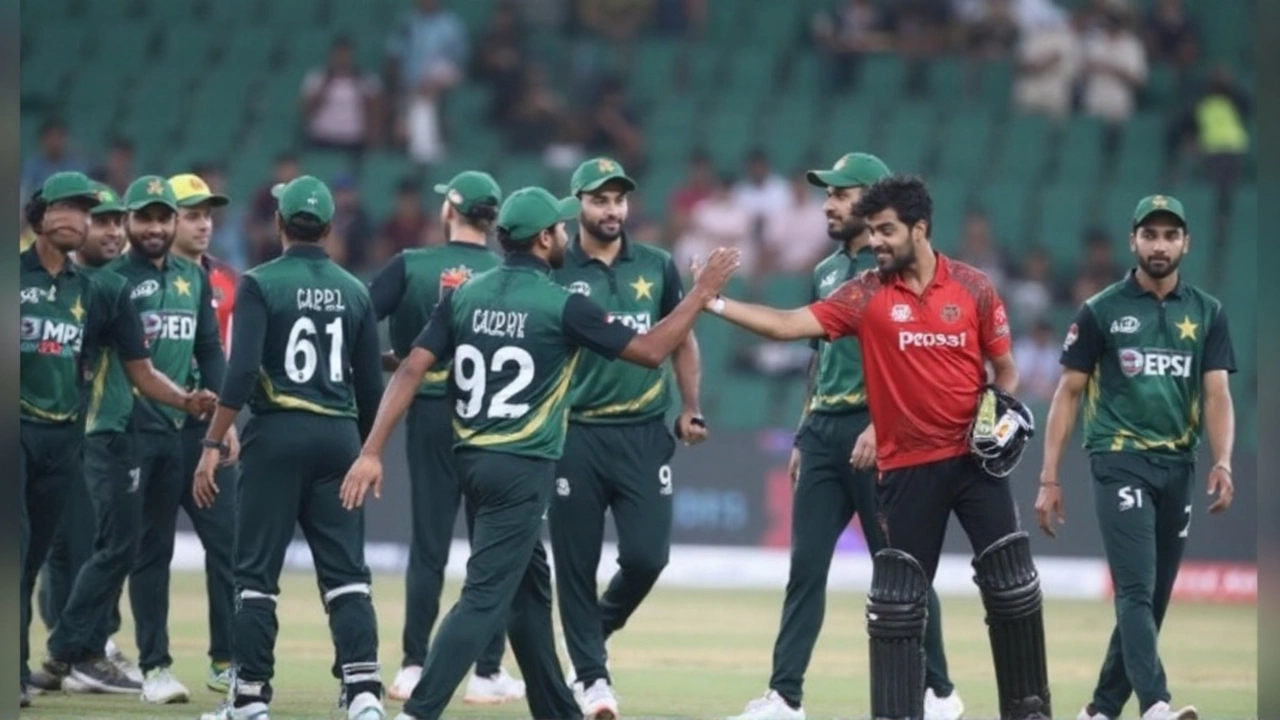
Domestic suspensions and what the rules say
The pattern is clearer in domestic cricket. In the Bangladesh Premier League, Sakib picked up a two-match suspension after accumulating four demerit points within the tournament—an automatic ban under BPL rules. Playing for Sylhet Strikers, he crossed the threshold on January 30 against Chattogram Kings, when he was reported for making inappropriate remarks at batter Graham Clark right after taking his wicket.
That incident alone might have been a fine. But it wasn’t his first. Earlier in the same BPL season, he had already been fined 50% of his match fee and handed three demerit points for a shoulder bump on Khulna Tigers’ Mohammad Nawaz after dismissing him. Add one more demerit point for the Clark exchange, and the four-point trigger kicked in, taking him out of the next two domestic matches by rule.
The suspension is domestic-only, so it doesn’t affect his international availability. He remains in Bangladesh’s plans and has been named in the squad for the 2025 ICC Champions Trophy. With Sylhet Strikers knocked out in the group stage, the remaining ban will carry over to the Dhaka Premier League, where he must sit out the first two games no matter which team he plays for. That carryover is standard: if you’re suspended in one domestic competition and your team’s season ends, it doesn’t reset to zero.
Systems like these exist to change behavior, not just punish. The ICC and domestic boards use fines, demerit points, and suspensions to curb repeat offenses. At ICC level, demerit points sit on a player’s record for a set period and can translate into suspensions if they pile up. Domestic leagues mirror the approach to keep standards consistent across formats and teams.
Bangladesh’s coaches will know the balance they’re trying to strike. Sakib’s skill with the new ball—pace, hard lengths, and a knack for jolting top orders—is valuable. But the margin for error on behavior is thin. A single fiery moment can be manageable. A run of them makes it a theme. Once it becomes a theme, it starts to affect selection planning, matchday focus, and, in leagues, availability across key fixtures.
To put the recent episodes in one place, here’s the timeline and the sanctions that followed:
- Bangladesh vs Nepal (international): Inappropriate physical contact after a mid-pitch exchange in the third over of Nepal’s chase. Sanction: 15% match fee fine under ICC Article 2.12. No formal hearing after admission of the charge.
- BPL vs Khulna Tigers (domestic): Shoulder bump on Mohammad Nawaz after taking his wicket. Sanction: 50% match fee fine and three demerit points.
- BPL vs Chattogram Kings (domestic): Inappropriate remarks toward Graham Clark after dismissal. Sanction: One demerit point, taking his BPL tally to four and triggering a two-match suspension.
That suspension’s timing matters for his domestic employers. Sylhet’s early exit means the ban rolls into the Dhaka Premier League, where two early games without a front-line seamer can tilt a start to the season. It also adds pressure on squad depth and forces captains to rethink new-ball plans.
What does this mean for Sakib’s near term? Internationally, he’s in the clear for now. He is eligible, and Bangladesh have kept faith. Domestically, he will miss two at the top of the DPL. The bigger picture is whether the pattern shows up again. If it does, the consequences likely get heavier, because repeat breaches tend to move up the ladder from fines to suspensions.
There is a way out of this loop, and many fast bowlers have taken it over the years: keep the body language punchy, cut the physical contact and verbals that cross the line, and let the ball do the talking. Umpires have been consistent. They step in fast on avoidable contact or taunts after wickets. Match referees have kept sanctions clear and predictable. The message is not new.
The stakes are high. Bangladesh need a reliable new-ball option in big tournaments. Sakib can be that player—his 4/7 against Nepal is evidence enough—but he’ll need to avoid the heat-of-the-moment rush that keeps bringing officials into the frame. One fewer shoulder bump, one less cutting remark, and these stories stop being about fines and bans and go back to swing, pace, and wickets.
For now, the record reads like a split screen: match-winning spells on one side, code breaches on the other. The next few months—those DPL matches he’ll miss, the build-up to the Champions Trophy—will show which side takes over the narrative.
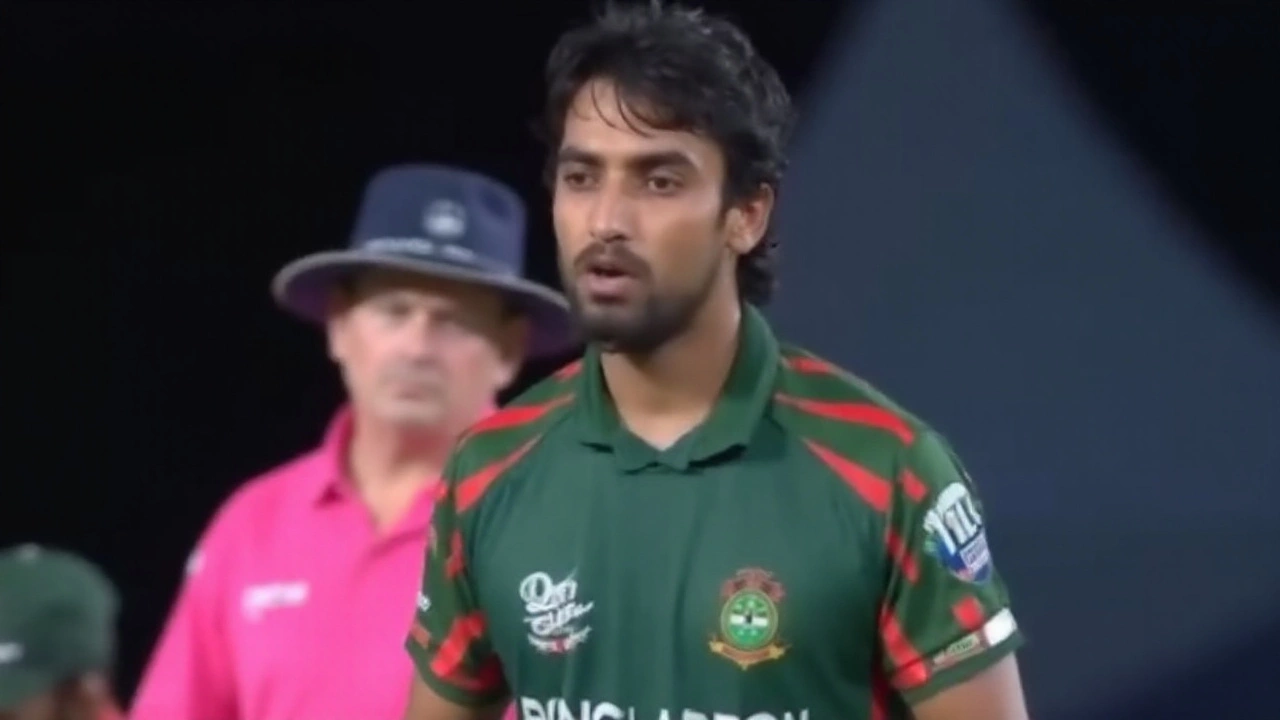

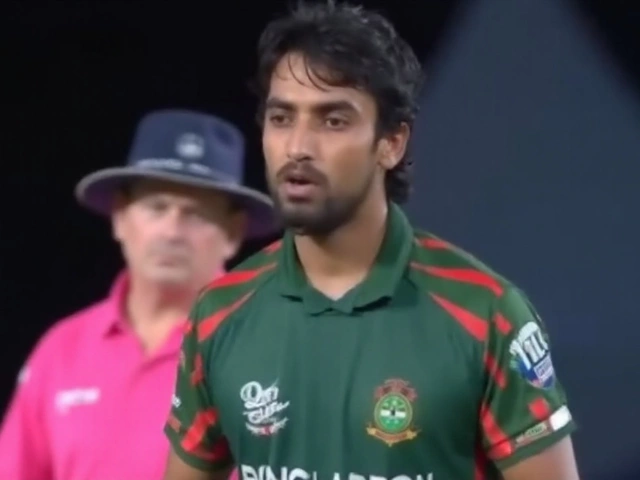

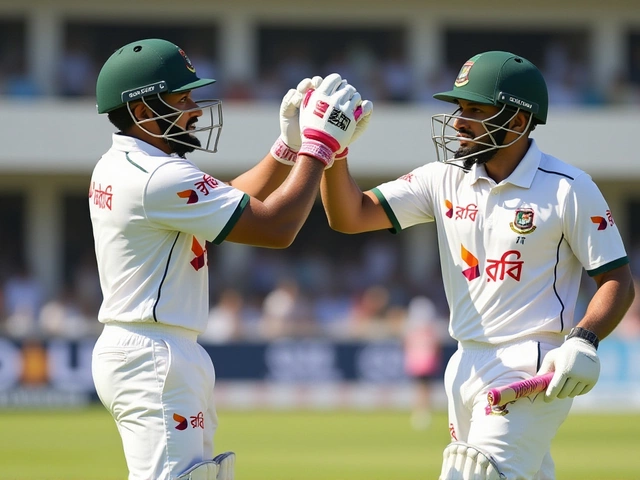
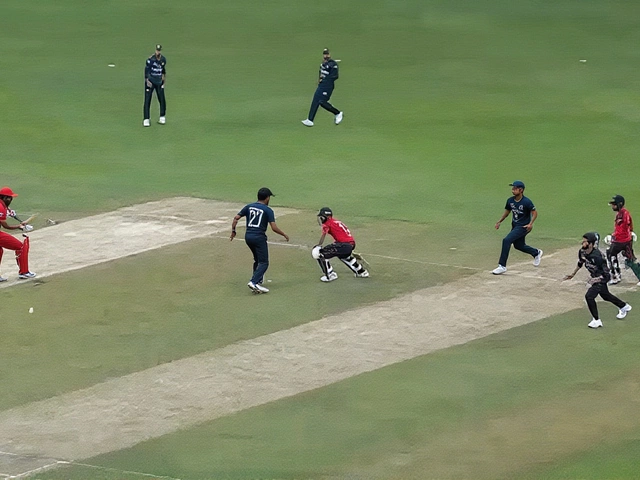

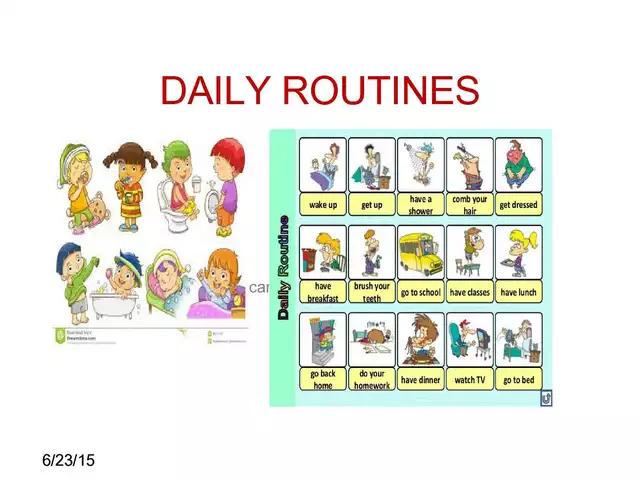
Write a comment